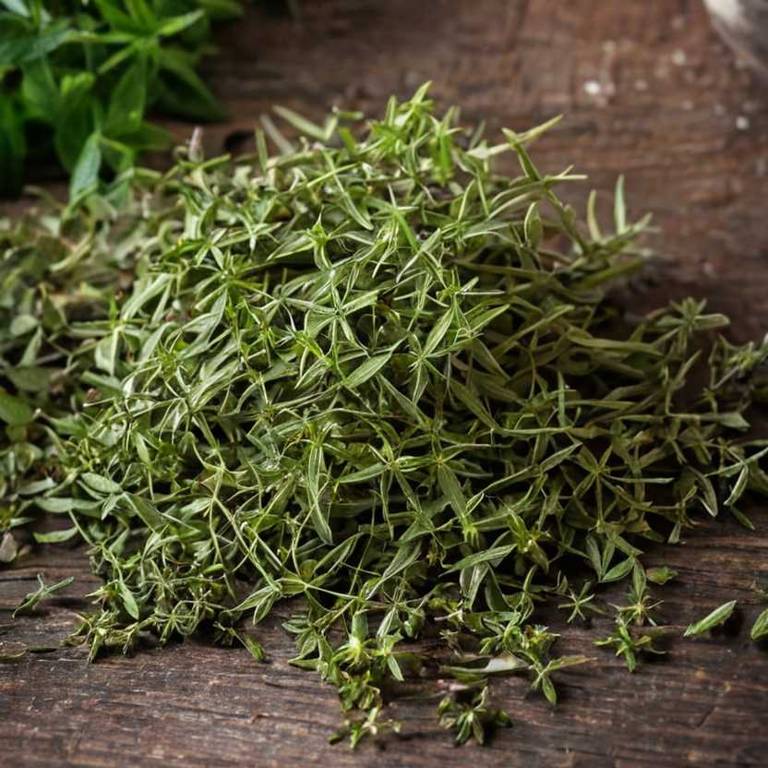Parietary (Parietaria officinalis)
Parietary (Parietaria officinalis) is a member of the Urticaceae family, native to Europe, Asia, and North Africa. Traditionally, its leaves, stems, and roots have been used for infusions, decoctions, and poultices.
This herb is particularly valued for its anti-inflammatory, diuretic, and bitter actions, and has a long history of use in european herbal medicine, mediterranean herbal traditions, and unani medicine.

Quick Facts / Key Information
| Common Name | Parietary |
|---|---|
| Scientific Name | Parietaria officinalis |
| Plant Family | Urticaceae |
| Genus | Parietaria |
| Species | officinalis |
| Native Range | Europe, Asia, North Africa |
| Plant Parts Used | Leaves, Stems, Roots |
| Primary Medicinal Actions | Anti-Inflammatory, Diuretic, Bitter |
| Primary Traditional Systems | European Herbal Medicine, Mediterranean Herbal Traditions, Unani Medicine |
| Historical Preparation Methods | Infusion, Decoction, Poultice |
Botanical Identity
- Scientific Name
- Parietaria officinalis
- Common Name
- Parietary
- Synonyms / Alternative Names
- Lungwort, Parietaria, Pellitory
- Plant Family
- Urticaceae
- Genus
- Parietaria
Botanical Description
- Growth Habit
- Perennial herbaceous plant.
- Height
- It typically grows to a height of 30 to 100 centimeters.
- Leaves
- Broad leaves with upper surface glaucous green and lower surface pale white, featuring distinct stomatal bands along the midrib.
- Flowers
- Inflorescences are racemose with small yellow flowers that are actinomorphic, having four sepals and four petals, and bearing prominent staminodes.
- Stems
- Woody, erect, unbranched stems with rough, pubescent surface and persistent, scale-like leaf scars.
Traditional Uses / Historical Use
Traditional Systems
- European Herbal Medicine
- Mediterranean Herbal Traditions
Historical Preparation Methods
- Infusion
- Decoction
- Poultice
- Powder
Medicinal Actions
- Anti-inflammatory
- As described in traditional systems, a cooling anti-inflammatory, in topical or internal use contexts.
- Diuretic
- Traditionally described as a warming diuretic, for elimination-focused applications.
- Bitter
- Historically regarded as a mild bitter, for flavor-based applications.
- Expectorant
- In herbal literature, noted as a calming expectorant, in respiratory system contexts.
Active Compounds
- Flavonoid
- A group of naturally occurring compounds commonly present in many flowering plants.
- Tannin
- Naturally occurring polyphenols widely distributed in woody and leafy plant parts.
- Phenolic Acid
- Naturally occurring phenolic compounds present in many plant species.
- Coumarin
- Plant-derived compounds often associated with fragrance-related chemistry.
Modern Research Overview
Contemporary research on this plant includes areas such as chemical analysis, laboratory-based studies, and observational research. Detailed summaries of published findings are not included at this stage and will be added during future content updates.
Safety & Contraindications
- General Precautions
- General precautions have been noted regarding the use of this herb.
- Contraindications
- There is insufficient evidence to determine specific contraindications related to this herb.
- Allergies
- Reports indicate that this herb can trigger allergic reactions in susceptible individuals.
- Drug Interactions
- The potential for interactions with prescription medications has not been extensively studied.
- Toxicity
- Reports indicate that this herb may exhibit toxic properties in some contexts.
- Pregnancy & Breastfeeding
- Use during pregnancy or breastfeeding has not been clearly established in available sources.
Preparation & Usage Methods
- Infusion
- Infusions are commonly prepared using hot water to release aromatic and soluble components.
- Decoction
- Plant parts are gently boiled in water to release soluble constituents.
- Poultice
- This method uses direct contact between plant material and the skin.
- Powder
- Plant parts are dried and mechanically reduced to a powdered form.
- Tincture
- Plant material is macerated in alcohol to create a concentrated liquid extract.
Growing, Harvesting & Storage
Growing / Cultivation
- Soil
- Prefers loamy soil with well-drained conditions. Typically grows best in organically rich soils.
- Sunlight
- Thrives in partial shade. Tolerates full sun to partial shade.
- Watering
- Prefers well-balanced moisture levels. Tolerates periodic dry conditions.
Medical Disclaimer
The information provided on this page is for educational and informational purposes only. It is not intended to diagnose, treat, cure, or prevent any medical condition. Always consult a qualified healthcare professional before using any herb for medicinal purposes.